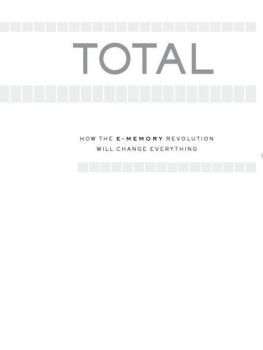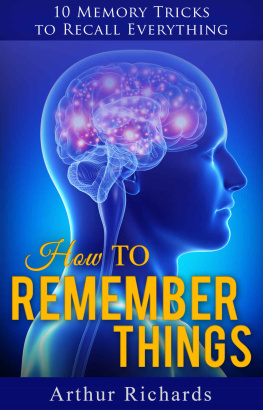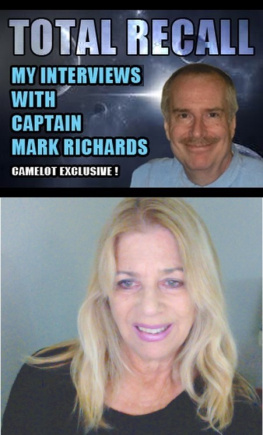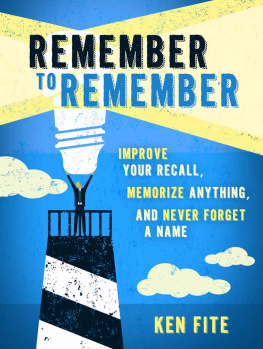Table of Contents
DUTTON
Published by Penguin Group (U.S.A) Inc. 375 Hudson Street, New York, New York 10014, U.S.A.
Penguin Group (Canada), 90 Eglinton Avenue East, Suite 700, Toronto, Ontario M4P 2Y3, Canada (a division of Pearson Penguin Canada Inc.); Penguin Books Ltd, 80 Strand, London WC2R 0RL, England; Penguin Ireland, 25 St Stephens Green, Dublin 2, Ireland (a division of Penguin Books Ltd); Penguin Group (Australia), 250 Camberwell Road, Camberwell, Victoria 3124, Australia (a division of Pearson Australia Group Pty Ltd); Penguin Books India Pvt Ltd, 11 Community Centre, Panchsheel Park, New Delhi110 017, India; Penguin Group (NZ), 67 Apollo Drive, Rosedale, North Shore 0632, New Zealand (a division of Pearson New Zealand Ltd); Penguin Books (South Africa) (Pty) Ltd, 24 Sturdee Avenue, Rosebank, Johannesburg 2196, South Africa
Penguin Books Ltd, Registered Offices: 80 Strand, London WC2R 0RL, England
Published by Dutton, a member of Penguin Group (U.S.A) Inc.
First printing, September 2009
Copyright 2009 by Gordon Bell and David James Gemmell
All rights reserved
Grateful acknowledgment is made to the following for permission to reprint previously published material: pp. 35-36, 38 reprinted from the article appearing in the Atlantic Monthly , As We May Think, Vol. 176, No 1 (1945), 641-649 with permission from Edward Vannevar Bush, grandson of Vannevar Bush.
Thad Starner: excerpts from the CARPE 2006 presentation 2006 Thad Starner, Georgia Institute of Technology. All rights reserved. Used with permission.
REGISTERED TRADEMARKMARCA REGISTRADA
LIBRARY OF CONGRESS CATALOGING-IN-PUBLICATION DATA
Bell, C. Gordon.
Total recall : how the E-memory revolution will change everything / Gordon Bell and Jim Gemmell ;
foreword by Bill Gates.
p. cm.
Includes bibliographical references and index.
eISBN : 978-1-101-13638-6
1. Information society. 2. Memory. 3. Neural networks. 4. Information resources management
Forecasting. 5. TelematicsForecasting. 6. Computers and civilizationForecasting. I. Gemmell,
Jim, 1965- II. Title. III. Title: How the E-memory revolution will change everything.
HM851.B4525 2009
303.4834dc22 2009011526
Without limiting the rights under copyright reserved above, no part of this publication may be reproduced, stored in or introduced into a retrieval system, or transmitted, in any form, or by any means (electronic, mechanical, photocopying, recording, or otherwise), without the prior written permission of both the copyright owner and the above publisher of this book.
The scanning, uploading, and distribution of this book via the Internet or via any other means without the permission of the publisher is illegal and punishable by law. Please purchase only authorized electronic editions, and do not participate in or encourage electronic piracy of copyrighted materials. Your support of the authors rights is appreciated.
While the author has made every effort to provide accurate telephone numbers and Internet addresses at the time of publication, neither the publisher nor the author assumes any responsibility for errors, or for changes that occur after publication. Further, the publisher does not have any control over and does not assume any responsibility for author or third-party Web sites or their content.
http://us.penguingroup.com
For Jim Gray
FOREWORD
BY BILL GATES
I nstant, easy access to information has always been one of the most important and exciting promises of the Digital Age. I first spoke about information at your fingertips in a speech in 1990. Back then, I described information at your fingertips this way:
Someone can sit down at their PC and see the information thats important for them. If they want more detail, they ought to just point and click and that detail should come up on the screen for them... all the information that someone might be interested in, including information they cant even get today.
Its amazing how far we have come since then. With the Internet, with computers and devices that have orders of magnitude more processing power and storage than we had in 1990, and with search engines and other software for finding and manipulating data and content, our access to information is really quite remarkable. Now we take almost completely for granted the ability to open a Web browser and link to a seemingly limitless number of sources for information on virtually any topicwhich is how I was able to find, in just a few seconds, a quote from a speech that I gave almost twenty years ago.
Most people think about this idea of information at your fingers as an improved version of a trip to the library. Of course, its really a massive global network of linked libraries that contains not just books, journals, reports, newspapers, and magazines, but also information about companies, organizations, products, and services, as well as contributions on any subject you can imagine from experts and nonexperts through blogs and other forms of social communications.
As impressive as this list is, theres something important thats not usually includedpersonal information and personal experiences.
Every day, we are exposed to astonishing volumes of words, data, and media at work, school, home, in stores, via the Web, on TVeverywhere we go. We interact with many people, some familiar, many we may not see again for a long time, if ever. We have a continuous flow of experiences. There are financial transactions, medical data, school transcripts, family photosthe list goes on and on.
What happens to all of this stuff? We store a small percentage in our brains and file some of it away in paper or electronic form. But the truth is we forget much of it and throw away most of the rest.
Its a lot of stuff to leave behind.
What would happen if we could instantly access all the information we were exposed to throughout our lives? If there were a way to recall everything you once knew about someone you are going to see again for the first time in twenty years? If you could tell your doctor everything you had eaten in the week before you broke out in hives, both yesterday and six months ago?
I cant think of anyone better to begin to find the answers than Gordon Bell. For the last decade, he and Jim Gemmell have been working on a project called MyLifeBits that touches on these very questions.
Now, weve reached the point where these are more than just abstract questions. The capacity is available to store hundreds of hours of video, tens of thousands of photographs, and hundreds of thousands of documents in digital form at a very affordable price. Within a decade, well be able to store more than a hundred times this amount of information for even less than it costs now.
Even more important, were getting closer and closer to having software that will enable you to organize and sort all that information so that it is easy to find what you need, even if you arent sure what you are looking for.
The MyLifeBits project began as an effort to digitize the books Gordon has written, and it has turned into a pioneering endeavor to record and preserve in digital form everything he sees, hears, learns, and experiences.
The implications of this work are profound and exciting. As Gordon and Jim explain in this important book, the results could very well change the way we think about memory; how we manage our health; the way we share experiences with other people, even other generations; and much more.









